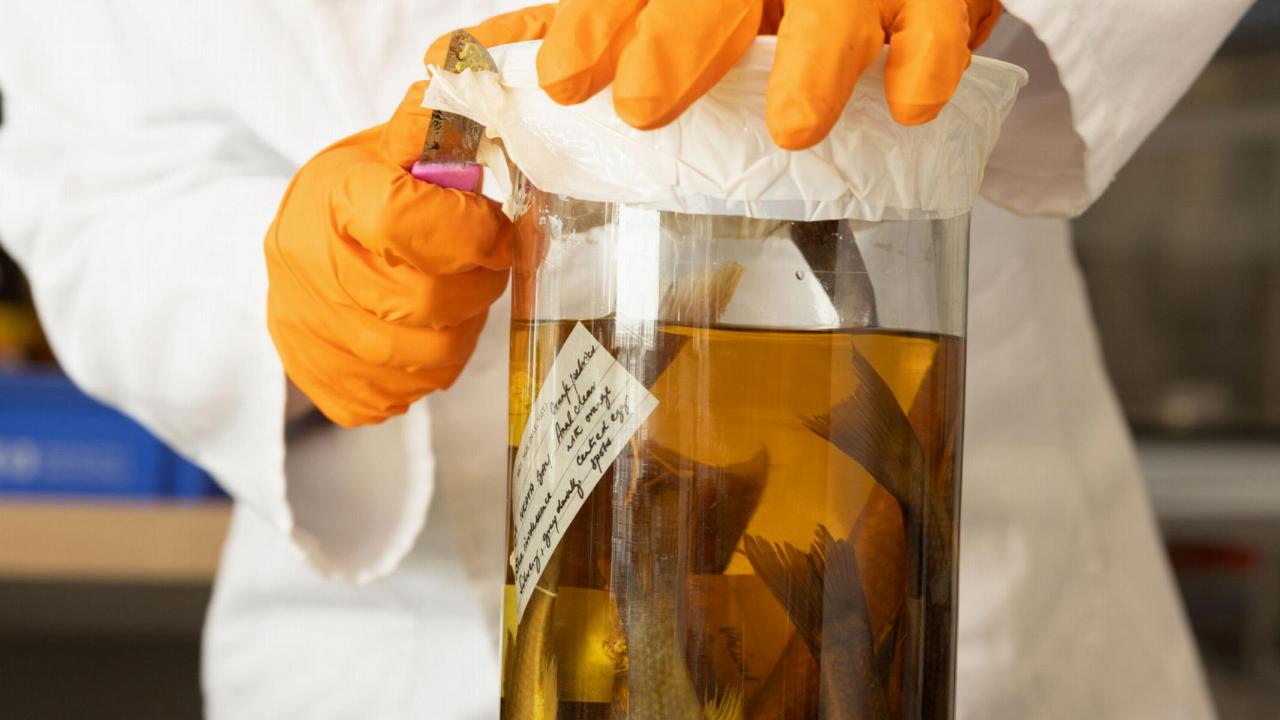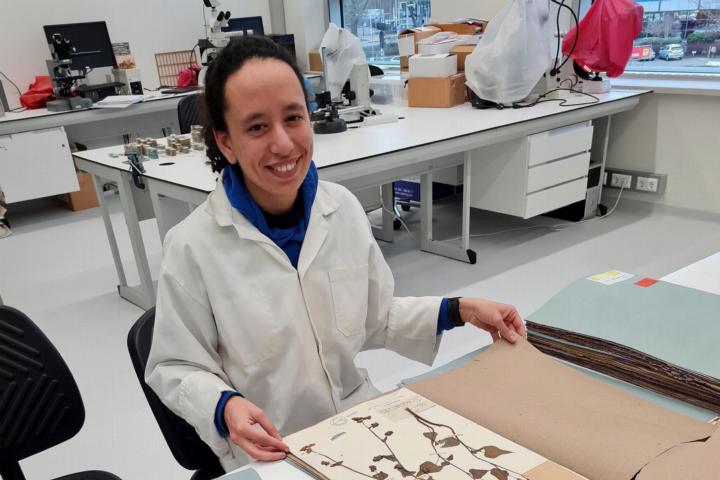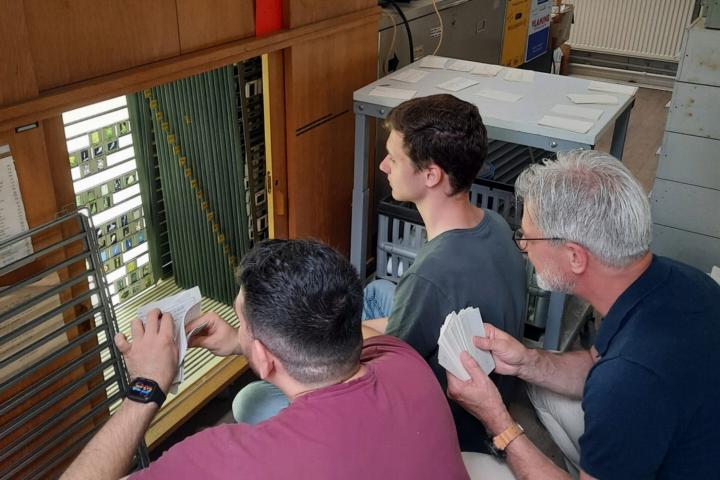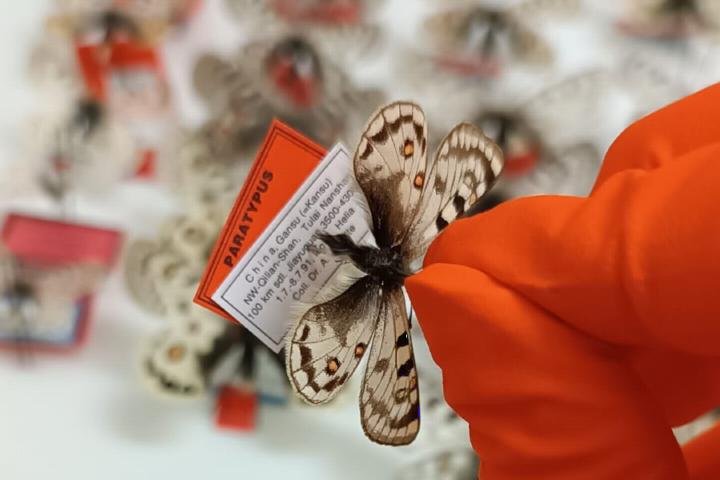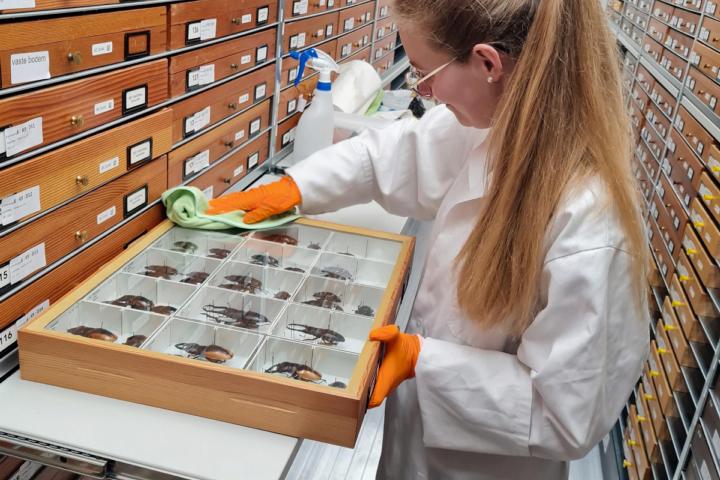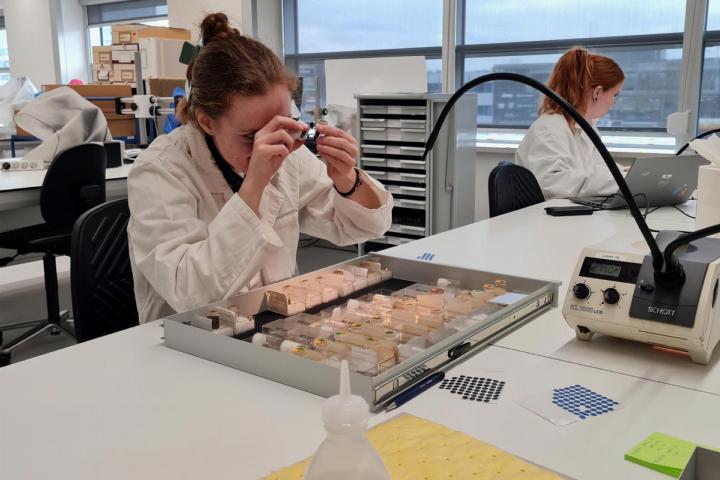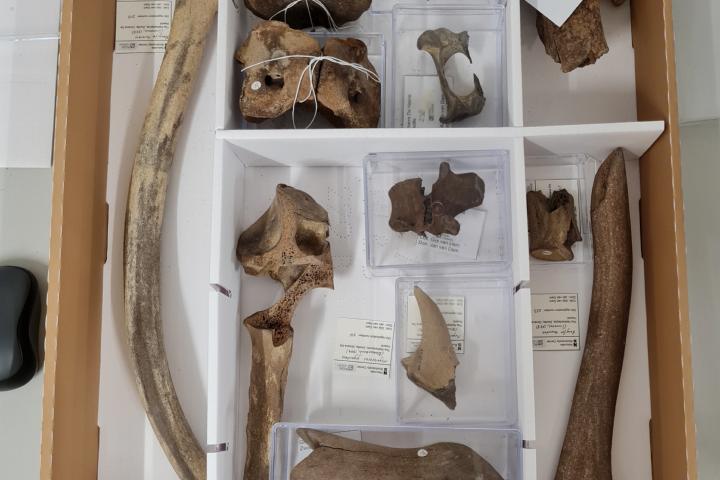
Keeping a collection of 43 million objects in good condition for future generations is a big responsibility. Parts of the collection have fallen into poor condition for various reasons (such as past backlogs, new construction and collection relocations and the corona epidemic). To eliminate these conservation backlogs, Naturalis has initiated a major project, CollAction, supported by a financial contribution from the Ministry of OCW. With this project, we are restoring these collections to a condition that will enable future research.
Critical or urgentstate
Natural history collections are very sensitive to conservation lags. For collections preserved on liquid (alcohol, formalin), evaporation from leaking jars can cause the object to become dry and lost. Pins from insects may oxidize and therefore expand, causing the object to disintegrate. Therefore, the focus of this project is primarily on objects at risk of damage within a year (critical) or at risk of becoming critical after a year (urgent).


The fiveWork packages
Different types of collections require different approaches, which is why this project is organized into a number of work packages in which the work is carried out:
- Conservation work in the collection stored on liquid.
- Conservation work in the collections with dry preserved specimens.
- Cleaning of insect drawers.
- Selecting and cataloging recent acquisitions, so that they can be inserted.
- Selecting and inserting collections still stored in our external repository.
